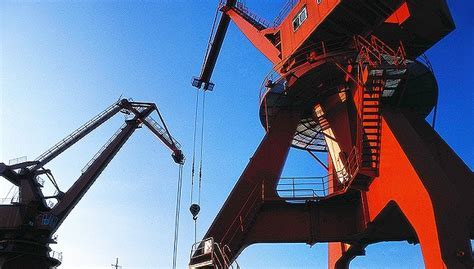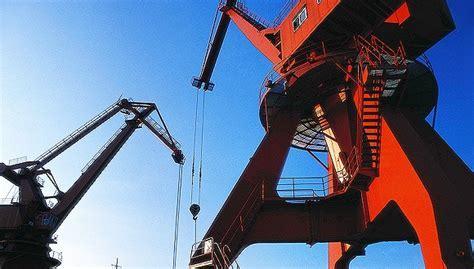
BEIJING, May 2 (Xinhua) -- China's manufacturing sector expanded at a slightly slower pace in April from the previous month, but still maintained "momentum of steady growth," new data showed Monday.
The purchasing managers' index (PMI) for the sector came in at 51.4 this month, down from 51.5 in March, the National Bureau of Statistics (NBS) said in a statement on its website. A reading above 50 indicates expansion, while a reading below reflects contraction.
Despite the slight decline, the April figure was still higher than an average of 51 in the first three months of this year and 51.2 for April 2017.
"The manufacturing sector continued the momentum of steady growth," said NBS senior statistician Zhao Qinghe.
Production saw steady expansion and demand was "generally stable," Zhao said, as the sub-index for production held steady at 53.1 and the new order sub-index dropped slightly to 52.9.
Chen Zhongtao, analyst with the China Logistics Information Center, held a similar view about the sector's performance, saying the new figures reflected stability in domestic demand, production and employment.
The sub-index for employment was down 0.1 point to 49, continuing to stay at a relatively high level for the "new normal" of economic growth, Chen added.
Meanwhile, the decline in headline PMI was mainly dragged by large companies, while the reading for small and medium-sized enterprises has increased for two months in a row, showing the effects of the country's supporting policies, including cuts in taxes and fees, according to Chen.
The sub-reading for purchase of raw materials fell more than 15 points from its peak in 2017, showing that rapid price increases had showed signs of relief. In contrast, the sub-index for factory-gate prices rose 1.3 points to 50.2.
The difference in the two price-related readings narrowed to 2.8 points, a 10-month low and a trend that will help improve the profitability of most companies, Chen said.
"The high-tech manufacturing sector continued to take the lead in pushing forward high-quality development," Zhao Qinghe said.
The PMI reading for high-tech manufacturing stood at 53.8 percent in April, higher than the previous month and the headline manufacturing PMI.
Chen forecast that the high-tech manufacturing sector will continue with robust growth as the country implements its innovation-driven development strategy and steps up efforts in core technology research and development this year.
"A new cycle of high-quality development for the economy has begun," Chen said, citing the strong momentum, high quality and efficiency in the first four months.
In the first quarter, China's economy expanded 6.8 percent year on year, unchanged from the previous quarter and staying within the 6.7-6.9 percent range for an 11th straight quarter.
The strong start will "lay a solid foundation" for steady economic growth and high-quality development in the latter part of this year, Chen said.
At present, companies are upbeat about future business prospects, with the business outlook index staying above 58 percent for a third month in April.
The NBS data also showed that the non-manufacturing PMI rose from 54.6 in March to 54.8 in April, and the composite PMI output index, which covers both manufacturing and non-manufacturing sectors, rose from 54 in March to 54.1 this month.




 A single purchase
A single purchase









